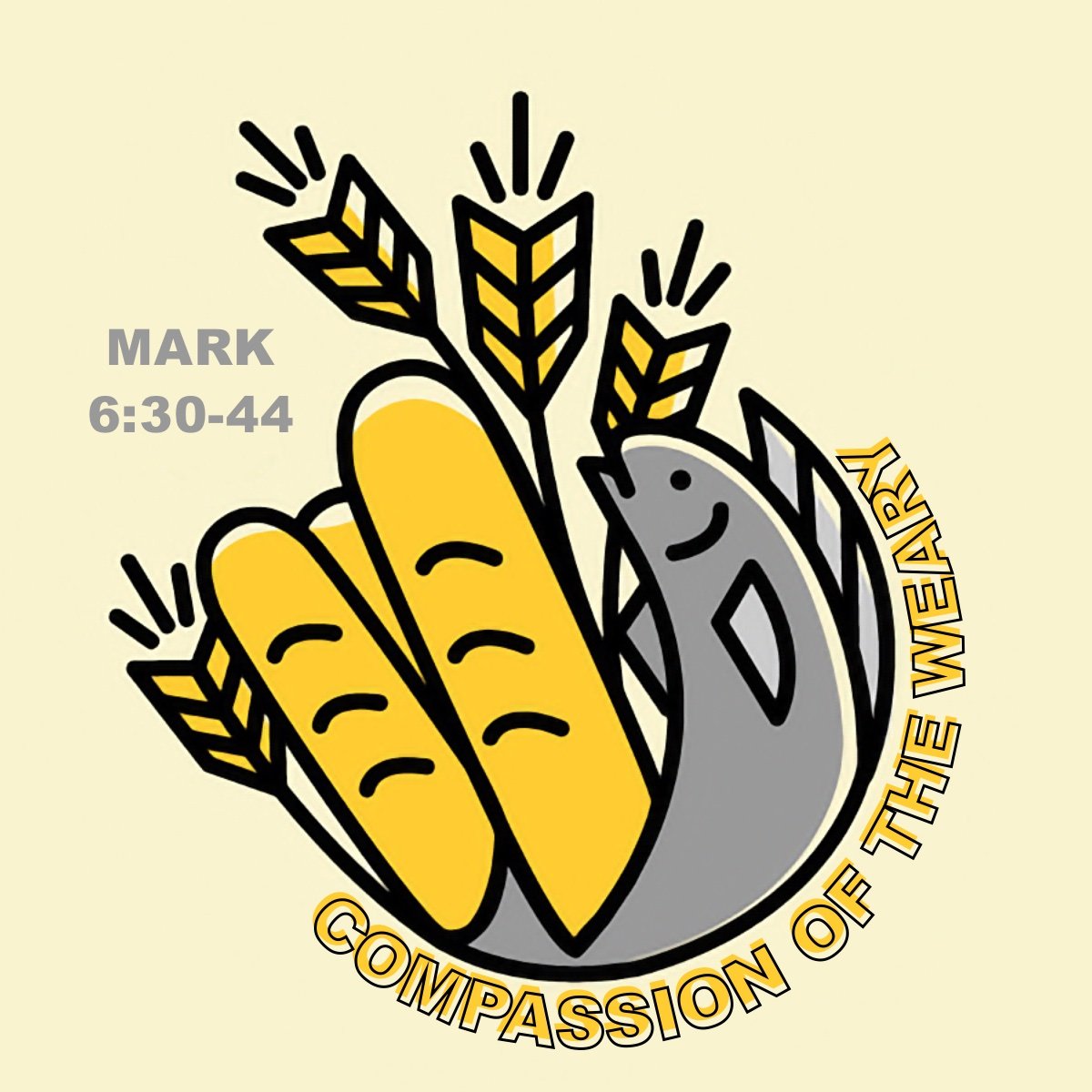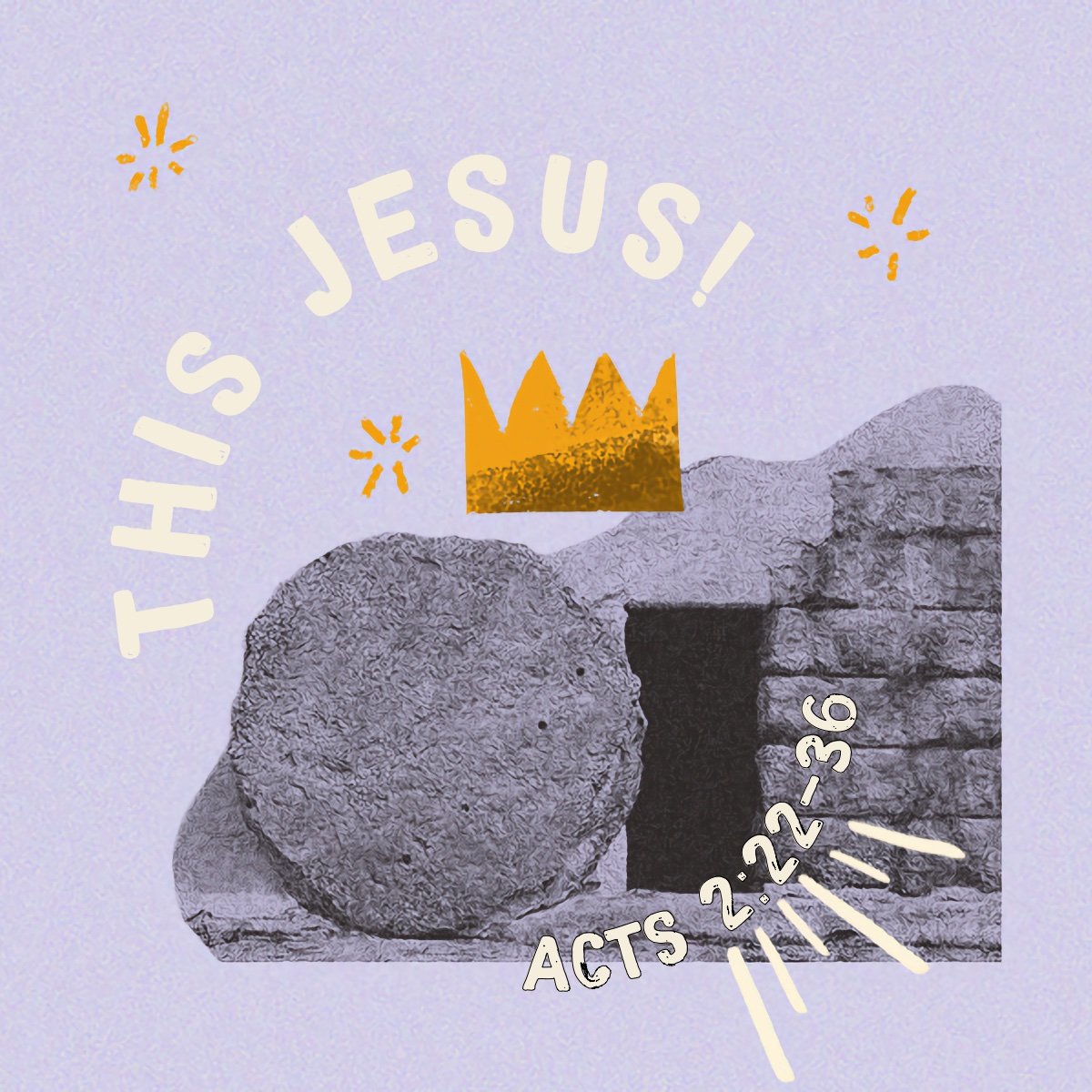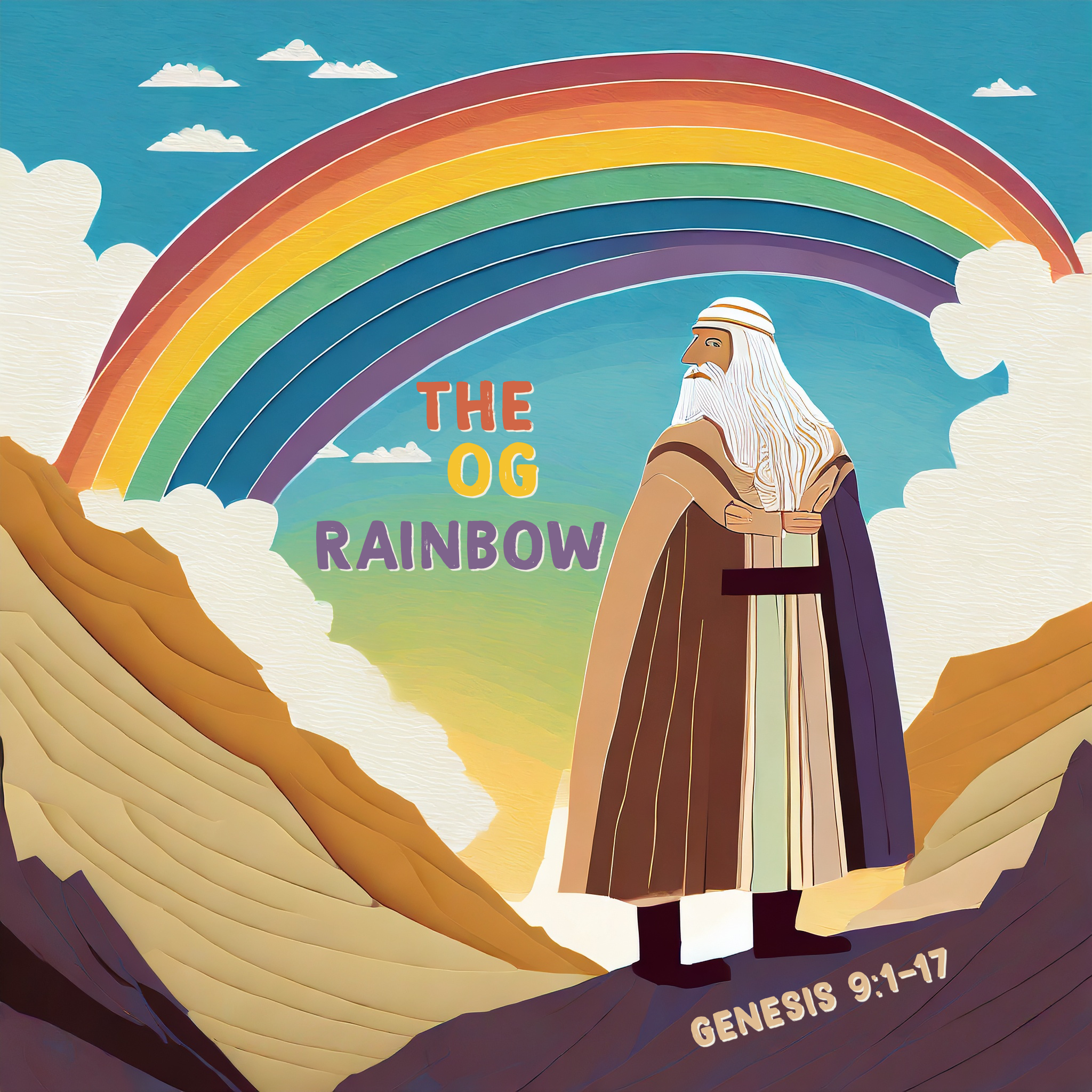Today’s Bulletin
OUTLINE
I. The Line of Shem (v.10-26)
II. Terah & His Sons (v.27-32)
III. Leaving Ur (v.31-32)
Genesis 11:10-32
These are the generations of Shem. When Shem was 100 years old, he fathered Arpachshad two years after the flood. And Shem lived after he fathered Arpachshad 500 years and had other sons and daughters.
When Arpachshad had lived 35 years, he fathered Shelah. And Arpachshad lived after he fathered Shelah 403 years and had other sons and daughters.
When Shelah had lived 30 years, he fathered Eber. And Shelah lived after he fathered Eber 403 years and had other sons and daughters.
When Eber had lived 34 years, he fathered Peleg. And Eber lived after he fathered Peleg 430 years and had other sons and daughters.
When Peleg had lived 30 years, he fathered Reu. And Peleg lived after he fathered Reu 209 years and had other sons and daughters.
When Reu had lived 32 years, he fathered Serug. And Reu lived after he fathered Serug 207 years and had other sons and daughters.
When Serug had lived 30 years, he fathered Nahor. And Serug lived after he fathered Nahor 200 years and had other sons and daughters.
When Nahor had lived 29 years, he fathered Terah. And Nahor lived after he fathered Terah 119 years and had other sons and daughters.
When Terah had lived 70 years, he fathered Abram, Nahor, and Haran.
Now these are the generations of Terah. Terah fathered Abram, Nahor, and Haran; and Haran fathered Lot. Haran died in the presence of his father Terah in the land of his kindred, in Ur of the Chaldeans. And Abram and Nahor took wives. The name of Abram’s wife was Sarai, and the name of Nahor’s wife, Milcah, the daughter of Haran the father of Milcah and Iscah. Now Sarai was barren; she had no child.
Terah took Abram his son and Lot the son of Haran, his grandson, and Sarai his daughter-in-law, his son Abram’s wife, and they went forth together from Ur of the Chaldeans to go into the land of Canaan, but when they came to Haran, they settled there. The days of Terah were 205 years, and Terah died in Haran.
Age of Terah & Abram Issue
There is an age issue here that critics of the Bible like to point out, but is not really an issue.
The issue goes like this. In verse 26 we are told Terah was 70 when he fathered these three sons and some assume Abram is the first born. In chapter 12, verse 4 we learn that Abram is 75 years old when he leaves the town of Haran which is sometime after his father dies, that adds up to 145, but in verse 32 we learn his father was actually 205 years old when he died.
It’s simple math and off by 60 years, Moses can do simple math so it’s not a mistake.
The error here is not the math, it’s assuming Abram was the first born son, he’s not. He’s listed first here because his line becomes the most significant, just like Shem was listed first when we learned about Noah’s sons in Genesis 10:1 even though Shem was not the firstborn.
So mostly likely Haran was born first and when Terah was 70 years old and Abram wasn’t born until Terah was 130 years old and Abram was 75 years old when his father died at the age of 205.
Terah’s Family Tree
Sermon Discussion questions
It’d Be A Shem To Begot Terah: Genesis 11:10-32
Ice Breaker: If you had to eat one meal from a fast food restaurant for the rest of your life, what would it be?
This Week Specific
Why might they have settled in Haran instead of Canaan?
This weeks’ sermon highlights how Abraham's family was steeped in idolatry and moon worship before God called them. Can you identify any "idols" or unhealthy priorities in your own life that you need to leave behind in order to wholeheartedly follow God? Or perhaps some you had to leave behind in the past?
Pastor Brian asks, "Have you settled somewhere less than where God has called you to?" Reflect on your current spiritual walk. Are there areas where you have settled or compromised instead of fully obeying and following God's call? If that feels too personal, what are some common areas you see people do this?
"Following Christ means leaving behind so much of our former lives of sin and idolatry." What specific sins, habits, or mindsets have you had to purposefully leave behind to follow Jesus more closely?
Like Abraham's father Terah, have you ever started out in obedience to God but then settled partway instead of going "all the way to Canaan"? What caused you to settle, and how can you regain motivation to fully obey?
“Idols offer no grace, no mercy, and cannot save you from your sin or give you an eternal home." How have you experienced the grace, mercy and eternal life that only comes through faith in Jesus Christ?
What influential voices, relationships or situations in your life currently make it tempting to "settle in Haran" instead of wholeheartedly following Jesus? How can you counter those influences?
Share a time when you had to deny yourself and "take up your cross daily" (Luke 9:23) in order to obey Christ's call. What challenges did you face and what helped you persevere?
Brian talks about idols - what's one modern-day "idol" you see people commonly worshipping today in our culture?
How should God’s selection of Abram’s family offer us encouragement?
Weekly Questions
What stood out to you/challenged you most in this sermon?
What’s one area you feel the Lord wants to grow you into more Christ likeness?
How can this group pray for you this week?

























